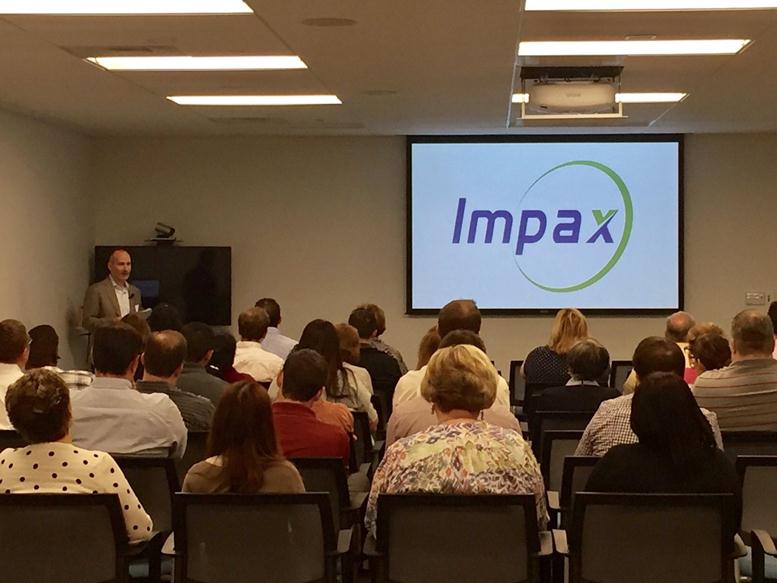MEDFORD, Mass. , Sept. 7, 2023 /PRNewswire/ — PolyBio Research Foundation is excited to announce a new publication in the journal Nature Immunology. The paper – written by 33 scientists – is titled “SARS-CoV-2 reservoir in post-acute sequelae of COVID-19 (PASC).” It represents one of the largest academic collaborations in the PASC (Long COVID) space, with scientists from institutions including PolyBio Research Foundation, Harvard Medical School, and the University of Pennsylvania Perelman School Medicine all serving as authors.
The paper reviews evidence showing that some patients with Long COVID – and more surprisingly, some with no symptoms – do not fully clear the SARS-CoV-2 virus after initial infection. Instead, the virus can persist in patient organ tissue as a “reservoir” – such as in the gut or lungs. These reservoirs could be one of the primary drivers of the Long COVID disease process. For example, coauthors Michael Peluso MD and team at UCSF recently found SARS-CoV-2 in Long COVID colon tissue up to 676 days following initial infection.
The paper also details mechanisms by which a SARS-CoV-2 reservoir could contribute to immune, coagulation, and neuroimmune abnormalities, microbiome imbalances, autoimmunity, or other issues in Long COVID. Importantly, the authors emphasize that antivirals or other drugs should be tested in clinical trials with the goal of clearing SARS-CoV-2 reservoirs in Long COVID patients. Multiple clinical trials of the antiviral Paxlovid are already underway. “However, several of our collaborative teams are working to begin even more SARS-CoV-2 reservoir clinical trials of antivirals, monoclonal antibodies, or other therapeutics in Long COVID” says paper first author Amy Proal, President of PolyBio Research Foundation.
Publication of the paper makes it clear that top researchers in the Long COVID space are taking SARS-CoV-2 persistence seriously. “A new and important review of the persistence of SARS-CoV-2 in tissue as a reservoir, a key underpinning of LongCovid”, writes Eric Topol MD, director of the Scripps Research Translational Institute on Twitter/X. Indeed, as the paper emphasizes, the study of SARS-CoV-2 reservoir in Long COVID may inform the identification of disease mechanisms, biomarkers, and therapeutics for other chronic conditions now being tied to persistent viral infection including ME/CFS, Alzheimer’s disease, and multiple sclerosis.
Contact: Amy Proal, PolyBio Research Foundation (info@polybio.org).
![]() View original content:https://www.prnewswire.com/news-releases/scientists-detail-current-evidence-that-long-covid-is-caused-by-persistent-sars-cov-2-viral-reservoirs-301920123.html
View original content:https://www.prnewswire.com/news-releases/scientists-detail-current-evidence-that-long-covid-is-caused-by-persistent-sars-cov-2-viral-reservoirs-301920123.html
SOURCE PolyBio Research Foundation

Featured image: Megapixl © Convisum






